If you haven’t yet arranged for daycare for your child, it’s time to look into your options.
A family member or friend:
While this isn’t always an option, it’s always best to find a generous family member or friend who has a flexible uni schedule, is a stay-at-home parent or is retired. They tend to be more affordable than a nanny or daycare, plus you’ll feel comfortable calling for the billionth time to see how your little baby is pooping. (A constant stream of mobile pictures and Facebook videos are always a plus, too.)
One of the hardest tasks of finding childcare is to trust the person you’re handing your newborn to. Relying on someone you know and love can set your mind at ease. Another perk of this arrangement is that you might be able to negotiate paying them with food or chores.
In-home care from a nanny or babysitter
Most experts agree that it’s nice to have the baby be in a familiar surrounding for comfort and germ-prevention. Keep in mind that this might be the most expensive option (especially if hiring professionals). On the plus side, you’ll know that baby is getting personalised, one-on-one attention and affection. However, you may struggle to find a backup if the nanny is sick, on vacation or unexpectedly quits. For recommendations, talk to people in your community. Ask your pediatrician, neighborhood parents and local teachers, then scour bulletin boards, read local newspaper ads and research babysitting or au pair services.
Thoroughly interview candidates before you hire them, asking them everything from their personal philosophies to their available schedules. Get a feel for their personality, how they interact with your baby and what your intuition is telling you. Make sure they’re first aid certified with some basic knowledge of baby first aid, and then give them a trial run.
Centre based care
There are a lot of positive aspects of choosing a group day, such as well-trained staff that understand your baby’s developmental needs; back-up teachers in case one is sick or away; a more affordable price tag than in-home care (although still not cheap). They are also well regulated.
The disadvantages, however, are also numerous: A higher chance of exchanging germs, less individualised care and holiday closings that might not coincide with your schedule. There are definitely good daycare facilities around but finding them may take some time. You’ll most likely see a number of different establishments before deciding on one that you’re comfortable with.
While on your search, look for:
- Proper licensing and experience – Most states require accredited facilities to be checked for sanitation and safety, and the workers should be trained in at least CPR and first aid. It’s beneficial to have the head teachers certified in early childhood education, but look around at the other workers as well. Are they all fresh out of high school? Do they have any prior experience with infants?
- A low teacher-to-baby ratio – A good ratio is one teacher to three or four infants so they can tend to all crying babies.
- A separate room for infants – For many reasons, ranging from health to development, you will want your infant in a room exclusively for those under a year old.
- Security – Did you have to sign in when you came to visit? Show ID? Are the doors locked? Make sure that the teachers have a strict pick-up policy, in that they follow a specified list of people whom they ID.
- Sanitation and Safety – Take a look around: Is the nappy changing section separate from the food area? Are there dirty nappies lying around? Does each baby have a personal cot? Do they have a sick policy? With so many infants in one room, you want to make sure they take as many precautions as possible, especially at this young age.
- The atmosphere – Talk with the teachers about their personal philosophies, daily routines, and professional and personal experiences. Is the infant room stimulating and comfortable? Do they play with books, music and the outdoors? At the end of the visit, you have to be comfortable with the place your baby will be spending so much time.
Home based care
Some parents feel that a daycare in a person’s house is more personal and comfortable than a larger establishment. It also helps if you know this person, or if other people in the community recommend him or her. This option is usually less expensive than a day-care center and the number of children is usually fewer as well. There also might be room for a flexible half-day schedule rather than a flat rate per day.
- Ensure that if the caregiver is unwell, there is a back up option. You should also check what kind or support network the carer herself has.
- Because he or she might not have the educational training of a teacher, make sure your parenting philosophies are similar.

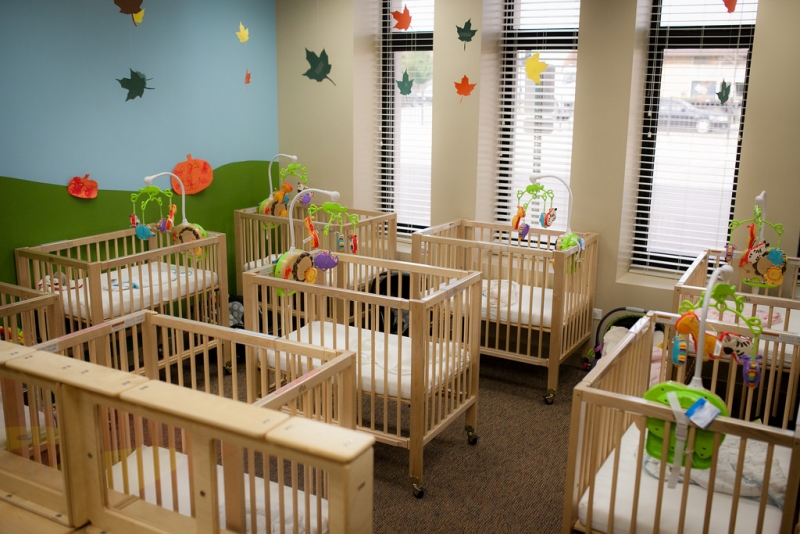

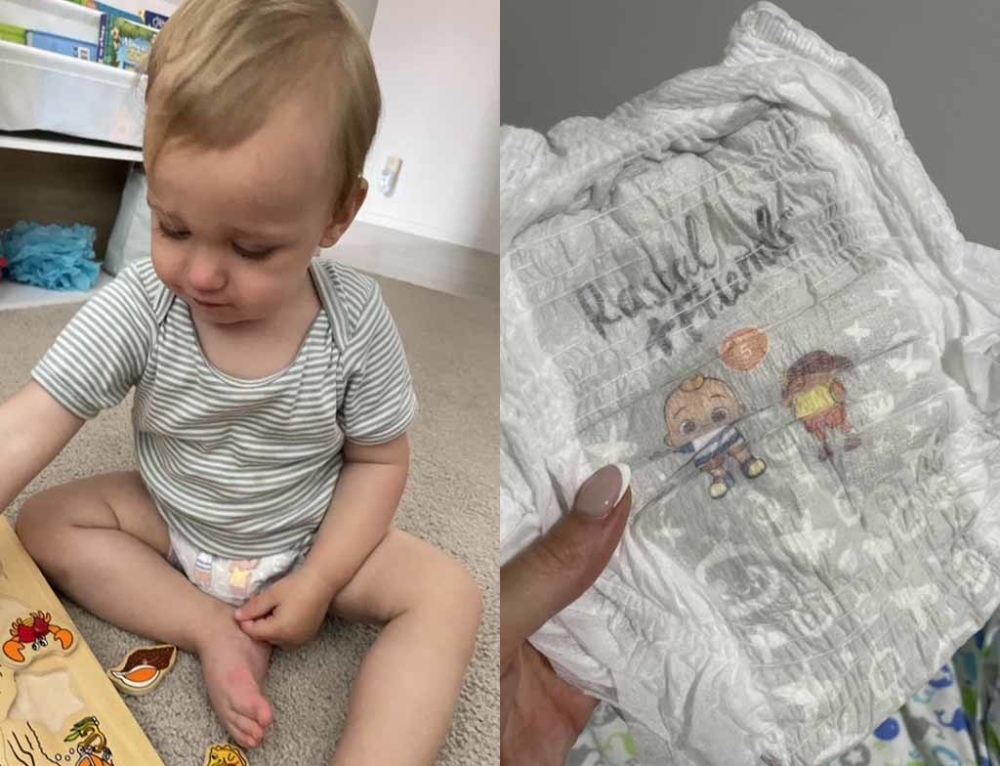
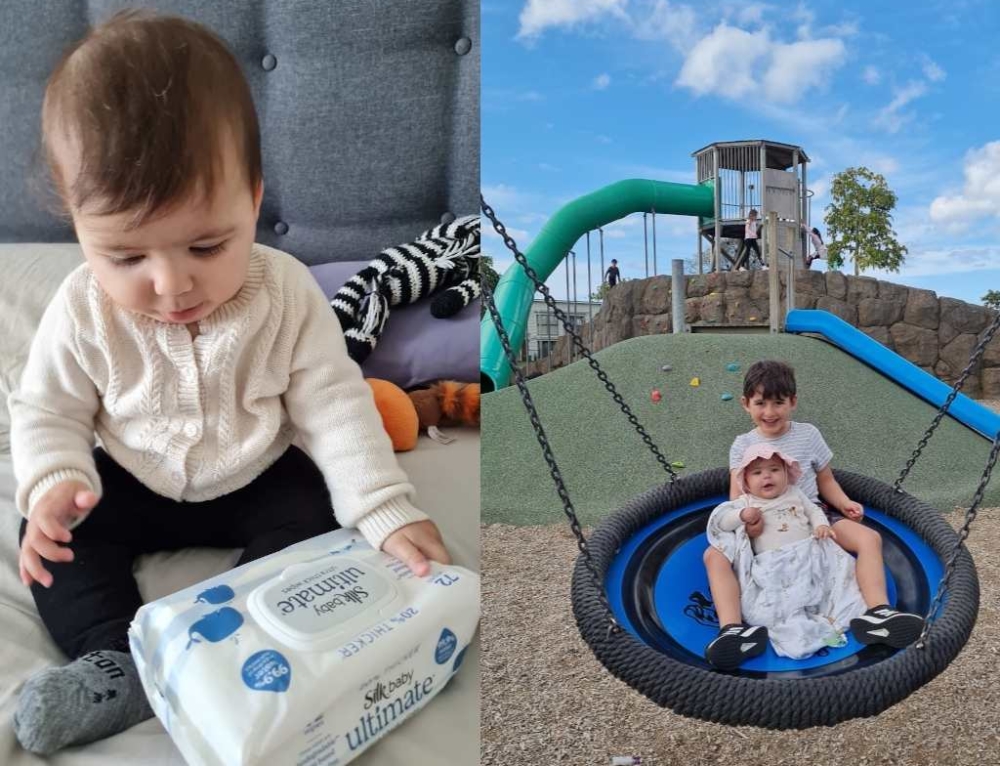
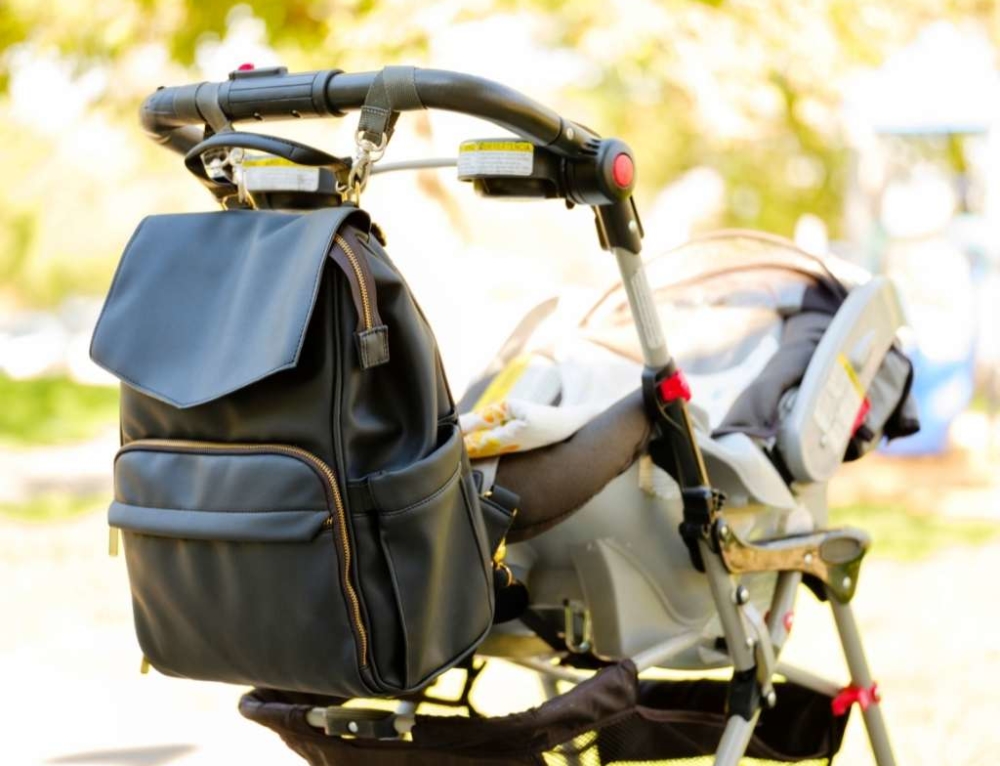
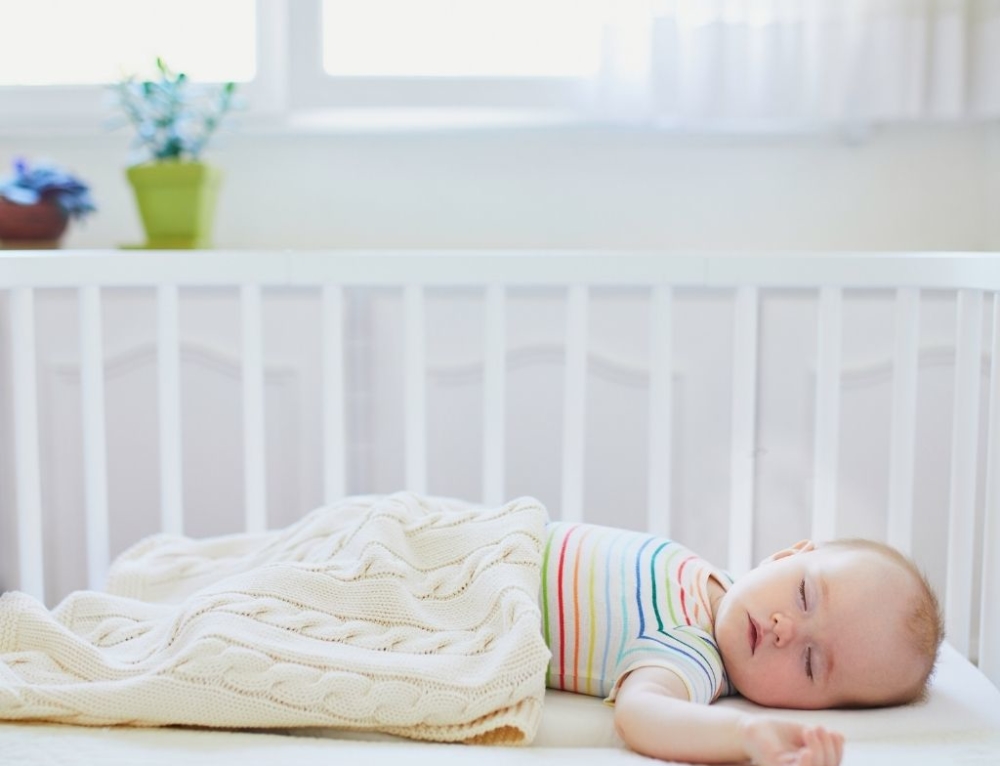
Leave A Comment
You must be logged in to post a comment.